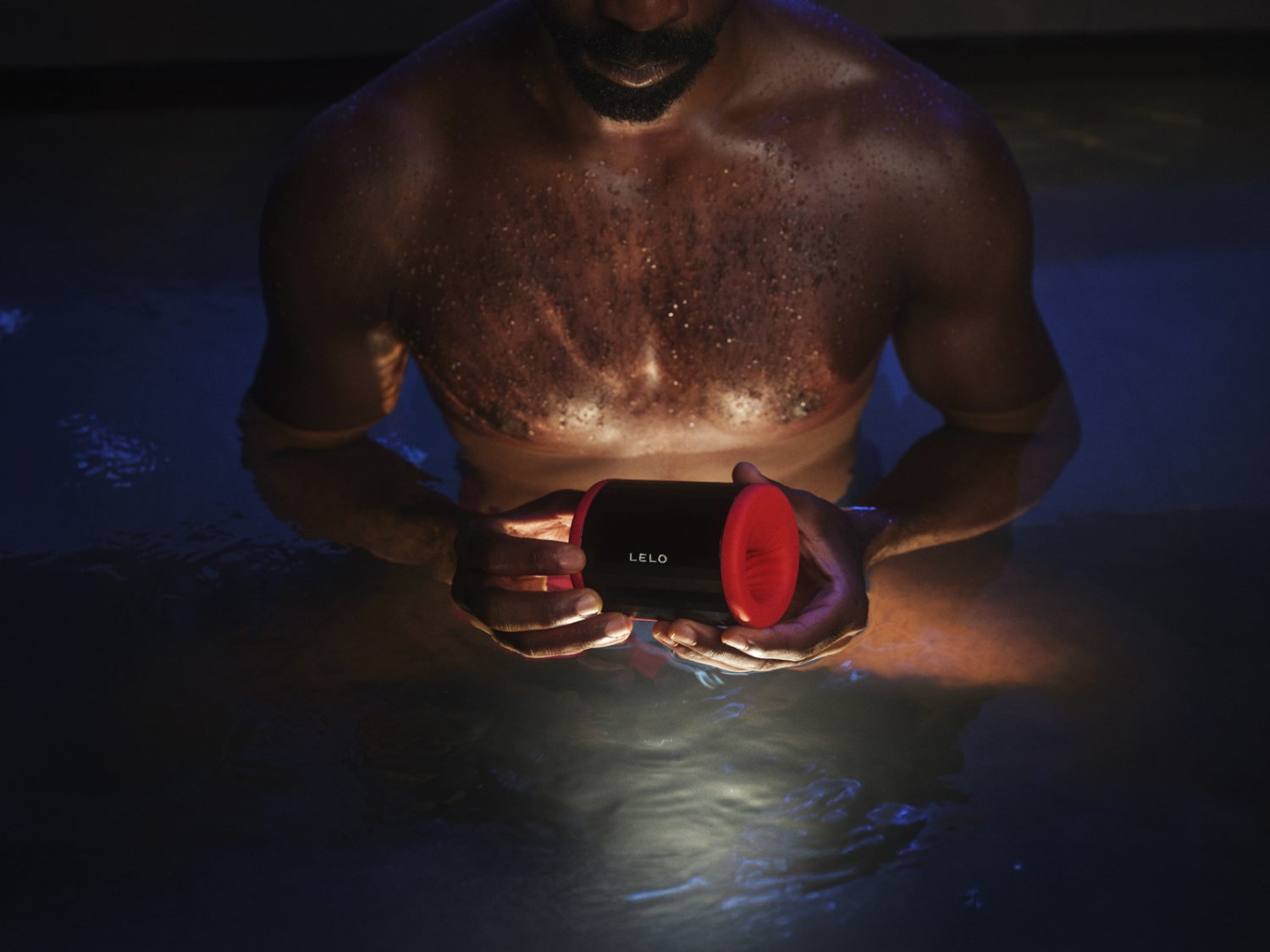What If Orgasms Were the Mental Health Tool We’ve Been Missing?
For years, sex educators (including yours truly), therapists, and experts alike have repeated a simple truth: orgasm is good for you. The kind of good that goes beyond the bedroom – supporting mood, reducing stress, improving sleep, and even boosting your immune system. But until now, most of the “proof” has been anecdotal or retrospective, relying on memory and self-reporting.
That changed with the Magic Wand Wellness Study – a first-of-its-kind, real-time intervention study designed to measure the day-by-day effects of pleasure on well-being. And the results? Let’s just say they’re orgasmic.
Why This Study Is a Big Deal
Most sex research asks participants to remember how often they masturbated last month or how satisfied they felt after sex. This one didn’t.
The Magic Wand Wellness Study broke new ground by measuring pleasure in real time, tracking physical and emotional wellness over three distinct phases:
- Abstinence Week: No sexual activity at all
- Magic Wand Week: Daily sex using the Magic Wand (partnered or solo)
- Sex-As-Usual Week: Return to typical sexual behavior (partnered or solo)
Each day, participants logged their experiences – capturing shifts in mood, stress levels, confidence, sleep, body image, and connection. The study wasn’t about fantasy or assumptions. It was about data. And the findings were surprisingly clear.
The Impact of Abstinence: A Drop in Joy
In the first week – when all sexual activity was paused – participants reported:
- Decreased happiness
- Poorer body image
- Lower sense of connection with partners
- Heightened psychological distress
Even with no other lifestyle changes, removing pleasure had immediate ripple effects on mental and emotional health. In other words: when pleasure goes missing, wellness suffers.
The Magic of Daily Orgasms
Enter Week 2: the Magic Wand week. Participants engaged in daily solo sessions with the device—and the shift was almost immediate:
- Happiness levels spiked
- Body confidence improved
- Feelings of connection (even with partners) outperformed partnered sex itself
- Stress dropped, mood lifted, and sleep got better
Participants shared reflections like:
“I forgot how I use masturbation to manage chronic pain.”
“It was like meditation, but faster.”
“I was more focused, more relaxed, and more confident.”
This wasn’t just about orgasms – it was about reclaiming self-regulation, emotional grounding, and body trust.
Pleasure That Lasts
Here’s what’s even more powerful: the benefits didn’t disappear when the daily orgasm routine ended. By Week 3 – when participants returned to “sex as usual” – many of the emotional and physical improvements lingered.
That’s the power of intentional, embodied pleasure. It creates a kind of neuro-emotional echo… A wellness effect that sticks around.
But Is This Really New?
This study is groundbreaking in its design, but not in its implications. Researchers have been inching toward this conclusion for years.
- A 2019 Journal of Sex & Marital Therapy study linked masturbation with improved emotional regulation and lower stress in women.
- Scientists at Rutgers University found that orgasm increases levels of prolactin, the hormone associated with post-coital calm and sleep.
- A 2017 Coventry University study connected frequent sexual activity with better memory and cognitive function in older adults.
- Sexual Medicine Reviews published findings showing orgasms can reduce chronic pelvic pain, relieve cramps, and even activate the body’s natural pain-relief pathways, on par with opioids.
This isn’t fringe science. It’s well-supported evidence that sexual pleasure is deeply intertwined with emotional and physical wellness.
Pleasure Is Not a Luxury. It’s Wellness.
In an age where mental health is finally front and center, it’s time we expand the conversation to include sexual health – especially solo pleasure. Because the truth is, if this study were about a wellness supplement that improved mood, sleep, and focus in seven days, it would be splashed across every health site and podcast.
But because it’s about sex toys? We still have to whisper. We still have to justify pleasure.
So let this be your permission slip: prioritizing your pleasure isn’t indulgent. It’s intelligent. It’s evidence-based. It’s essential.
Your Body Already Knows. Now the Science Does Too.
When you’re looking to calm your nerves, boost your mood, or reconnect with your body, add your Magic Wand to the list.
Because pleasure isn’t a distraction. It’s a form of care. See the full study at magicwandstudy.com.











